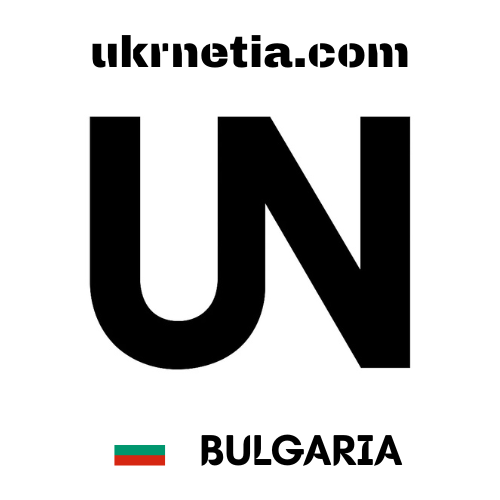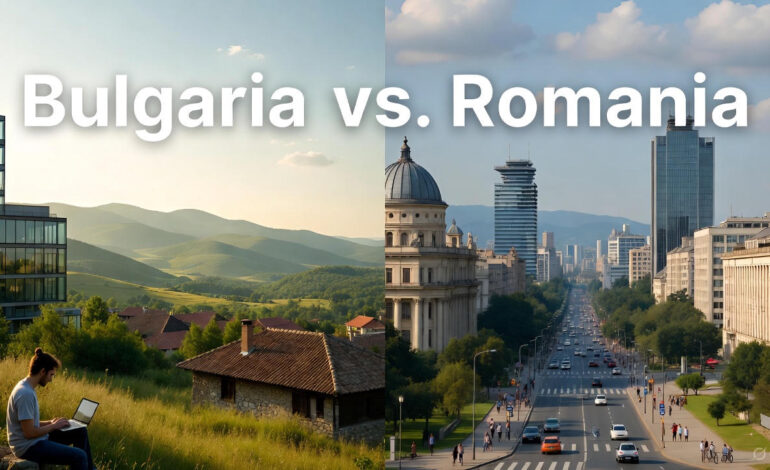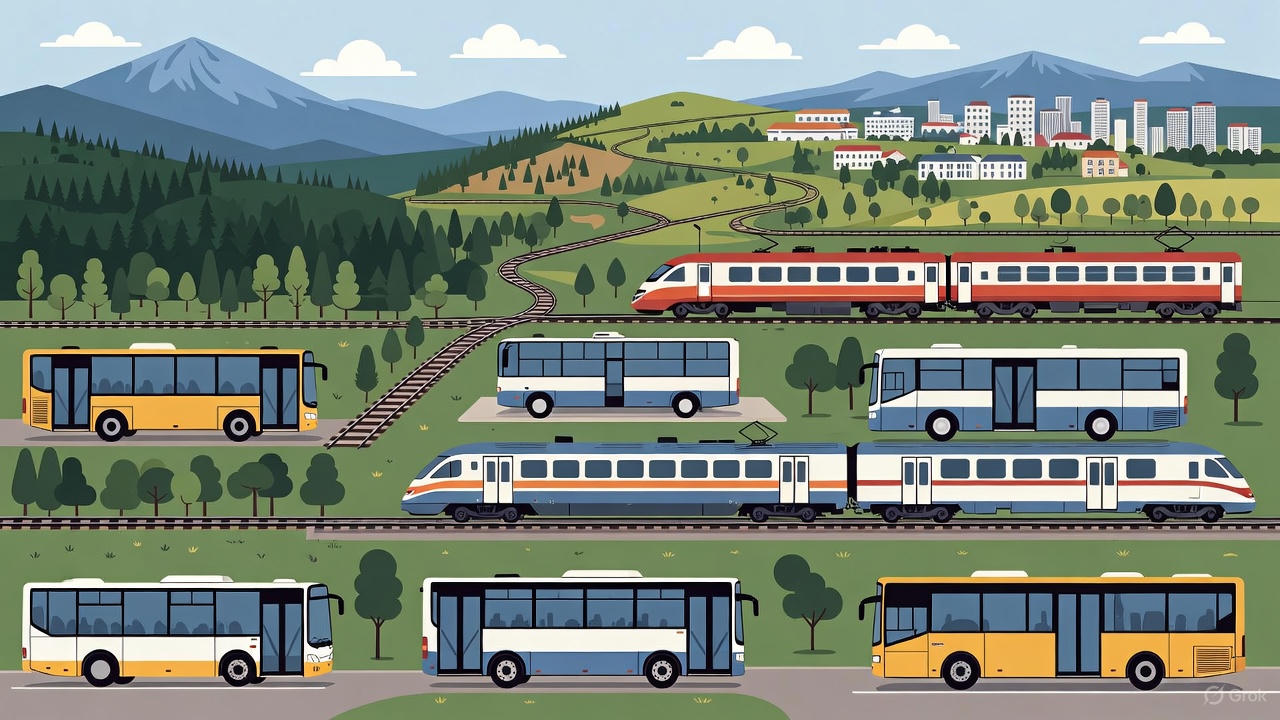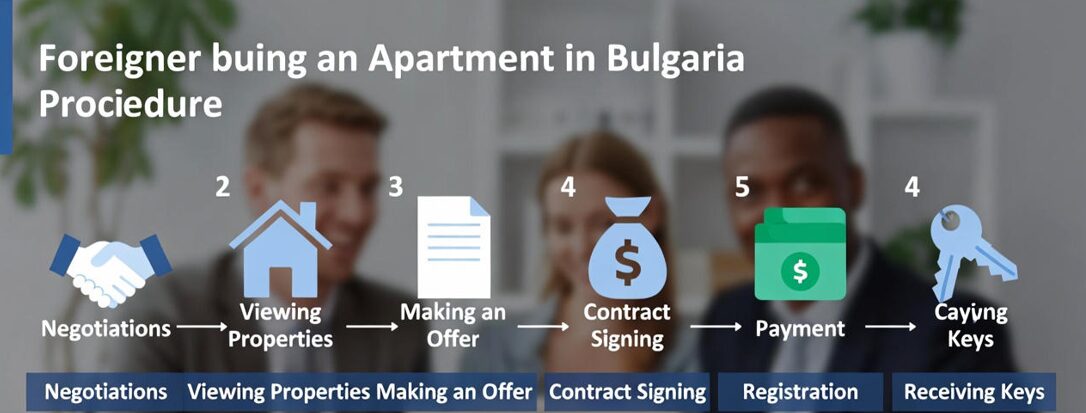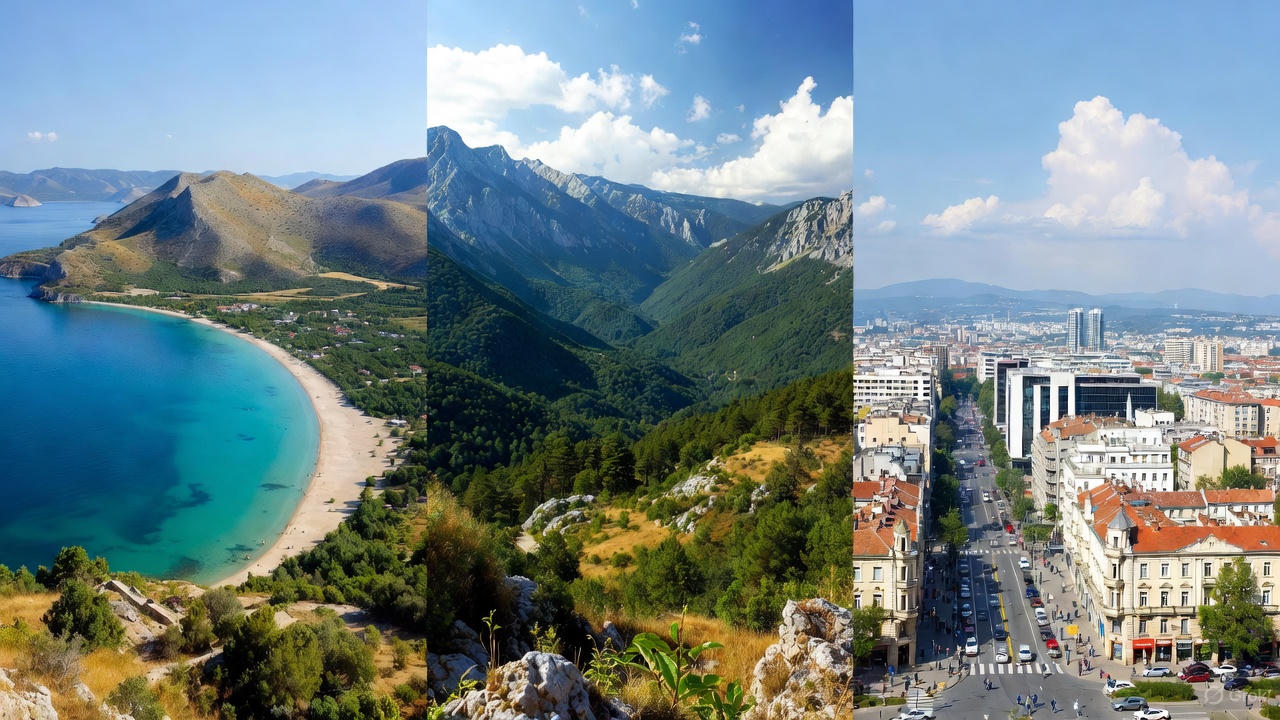Why Western Freelancers and Remote Workers Are Flocking to Bulgaria: Affordable Living, EU Perks, and Starlink-Enabled Rural Bliss
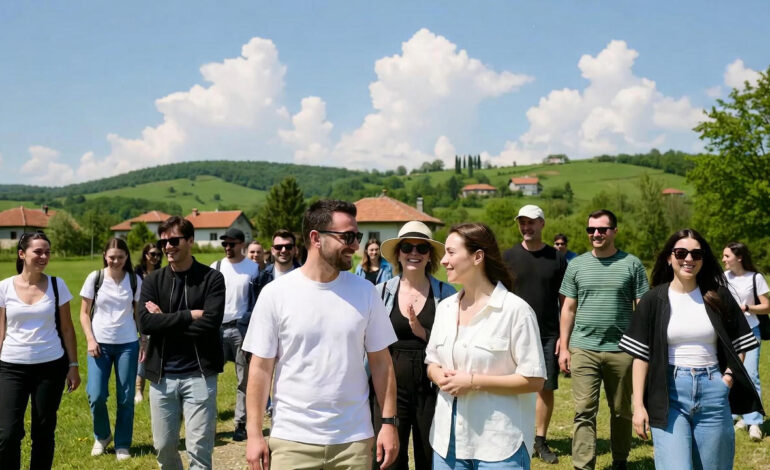
In an era where remote work and freelancing have untethered millions from traditional office desks, citizens from the United States, Canada, and other Western countries are increasingly choosing Bulgaria as their new home base. This Balkan nation, often overlooked in favor of flashier European destinations like Spain or Portugal, offers a compelling mix of rock-bottom living costs, modern connectivity via Starlink, natural abundance, and seamless EU integration. For digital nomads and long-term remote professionals, Bulgaria represents a sweet spot: urban affordability in vibrant cities, serene rural escapes with high-speed internet, and a lifestyle that blends Old World charm with 21st-century conveniences—all without breaking the bank.
Unbeatable Housing Costs: A Stark Contrast to the West
One of the primary draws is Bulgaria’s extraordinarily low real estate and rental prices, especially when compared to major Western hubs. In the United States, the average monthly rent for a one-bedroom apartment in city centers like New York or San Francisco hovers around $3,000–$4,500 USD, while in Canadian cities such as Toronto or Vancouver, it’s often $2,000–$3,000 CAD (roughly $1,500–$2,200 USD). Even mid-tier U.S. cities like Denver or Austin see averages exceeding $1,800 USD for similar accommodations.
Bulgaria shatters these figures. In the capital Sofia—a bustling metropolis with coworking spaces, international airports, and a growing tech scene—a furnished one-bedroom apartment in the city center rents for just 400–600 EUR (about $430–$650 USD) per month. Purchasing property is equally accessible: a modern one-bedroom condo in Sofia might cost 80,000–120,000 EUR ($86,000–$130,000 USD), compared to over $500,000 USD for something comparable in a U.S. secondary city.
Moving to coastal gems like Burgas or Varna, where Black Sea beaches beckon, rents drop further. A sea-view one-bedroom in Varna’s center averages 300–500 EUR ($320–$540 USD) monthly, and buying a similar unit could set you back 60,000–100,000 EUR ($65,000–$108,000 USD). Plovdiv, Bulgaria’s cultural heart and second-largest city, offers even better deals: central one-bedrooms rent for 250–450 EUR ($270–$485 USD), with purchase prices around 50,000–90,000 EUR ($54,000–$97,000 USD). In smaller towns or rural areas, these numbers plummet—think 150–300 EUR ($160–$325 USD) for rent or under 50,000 EUR to own outright.
These prices allow freelancers earning Western salaries (often $50,000–$100,000+ USD annually) to live like royalty on a fraction of what they’d spend at home. No more scraping by in overpriced studios; instead, remote workers enjoy spacious homes, balconies with mountain views, or even small houses with gardens—all while building equity or saving aggressively.
Starlink Revolution: High-Speed Internet in the Countryside
The game-changer for rural living? Elon Musk’s Starlink satellite internet. Traditional broadband in Bulgaria’s remote villages was once spotty or nonexistent, but Starlink delivers download speeds of 100–200 Mbps (often matching or exceeding urban fiber) for about 50–60 EUR ($54–$65 USD) per month, plus a one-time hardware fee of around 500 EUR. This means freelancers can base themselves in idyllic countryside spots—think rolling hills in the Rhodope Mountains or quiet villages near the Danube—without sacrificing Zoom calls, cloud uploads, or streaming.
With Starlink, a family or solo remote worker can buy a charming stone house in a village for 20,000–40,000 EUR ($21,500–$43,000 USD), pay negligible utilities (heating via wood or solar is common and cheap), and enjoy gigabit-equivalent connectivity. All the “blessings of civilization”—online shopping via Amazon or local delivery, telemedicine, global banking—are at your fingertips, but you’re surrounded by nature, fresh air, and zero urban stress.
Healthy, Affordable Food and a Wholesome Lifestyle
Bulgaria’s agricultural bounty shines here. Local markets overflow with organic produce, dairy, and meats at prices that make U.S. or Canadian grocery bills seem extortionate. A kilogram of fresh tomatoes costs 1–2 EUR ($1.10–$2.15 USD) in season—versus $4–$6 USD per pound in the States. Farm-fresh eggs: 2–3 EUR for a dozen. A liter of high-quality yogurt (Bulgaria invented the bacteria strain!) or cheese: under 2 EUR. Meats like grass-fed lamb or pork hover at 5–8 EUR per kg, and wild-caught Black Sea fish is similarly budget-friendly.
Compare this to the U.S., where organic avocados might run $2 each, or a dozen eggs $5–$7. In rural Bulgaria, many expats grow their own veggies or buy directly from farmers, eating seasonally and healthily for 200–300 EUR ($215–$325 USD) per person monthly. This isn’t just cheap—it’s nutrient-dense, pesticide-light food that supports wellness, all while keeping overall living costs under 1,000 EUR ($1,080 USD) per month for a comfortable lifestyle.
EU Membership: Security, Rule of Law, and Travel Freedom
As an EU and Schengen Area member since 2007, Bulgaria provides a safety net that resonates with Westerners wary of instability elsewhere. The rule of law prevails, with low crime rates (Sofia’s violent crime index is lower than many U.S. cities), efficient healthcare (public system free for residents, private options affordable), and English widely spoken in expat hubs. Residency is straightforward for remote workers: options like the Digital Nomad Visa or EU Blue Card lead to permanent status, granting work rights across the bloc.
Travel perks are immense. From Bulgaria, the entire EU is visa-free—hop on a cheap Ryanair flight to Paris, Berlin, or Rome for under 50 EUR. Proximity to Turkey, Greece, and the Middle East adds exotic getaways. Bulgaria itself boasts 300+ sunny days annually, mild winters (rarely below freezing inland), Black Sea summers (25–30°C/77–86°F), and the Balkan Mountains for skiing or hiking. Cities like Bansko offer world-class slopes with lift passes at 30 EUR/day—versus $150+ in Colorado.
A Growing Expat Community and Quality of Life
Communities of American, Canadian, and British remote workers thrive in places like Sofia’s Lozenets district, Plovdiv’s Kapana creative quarter, or coastal Nessebar. Coworking spaces, English-language meetups, and international schools ease the transition. The moderate climate—warm summers, colorful autumns, mild springs—pairs with clean air and low pollution, fostering productivity and happiness.
In essence, Bulgaria isn’t about sacrifice; it’s about elevation. Western freelancers trade high rents and hustle for space, savings, and serenity. With Starlink bridging the digital divide, EU protections ensuring stability, and nature’s gifts keeping life affordable and vibrant, this under-the-radar gem is redefining remote work paradise. For those ready to log off from Western inflation, Bulgaria beckons with open arms—and a very reasonable price tag.
